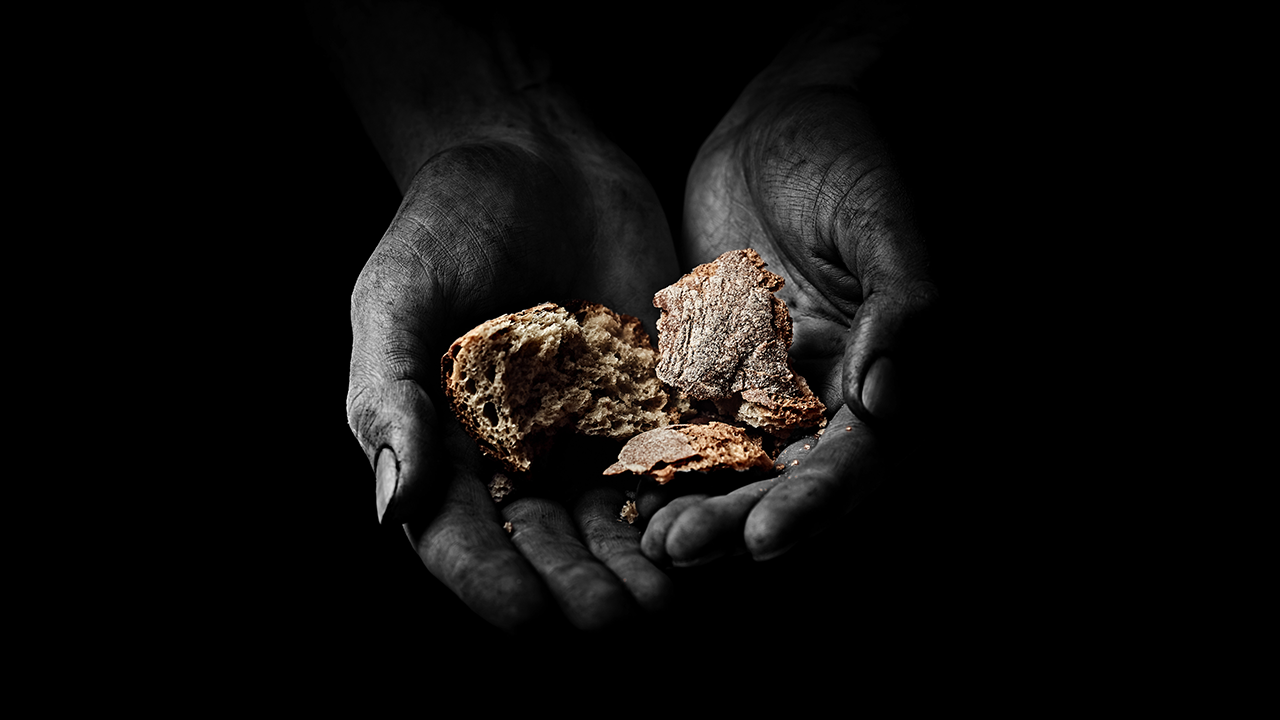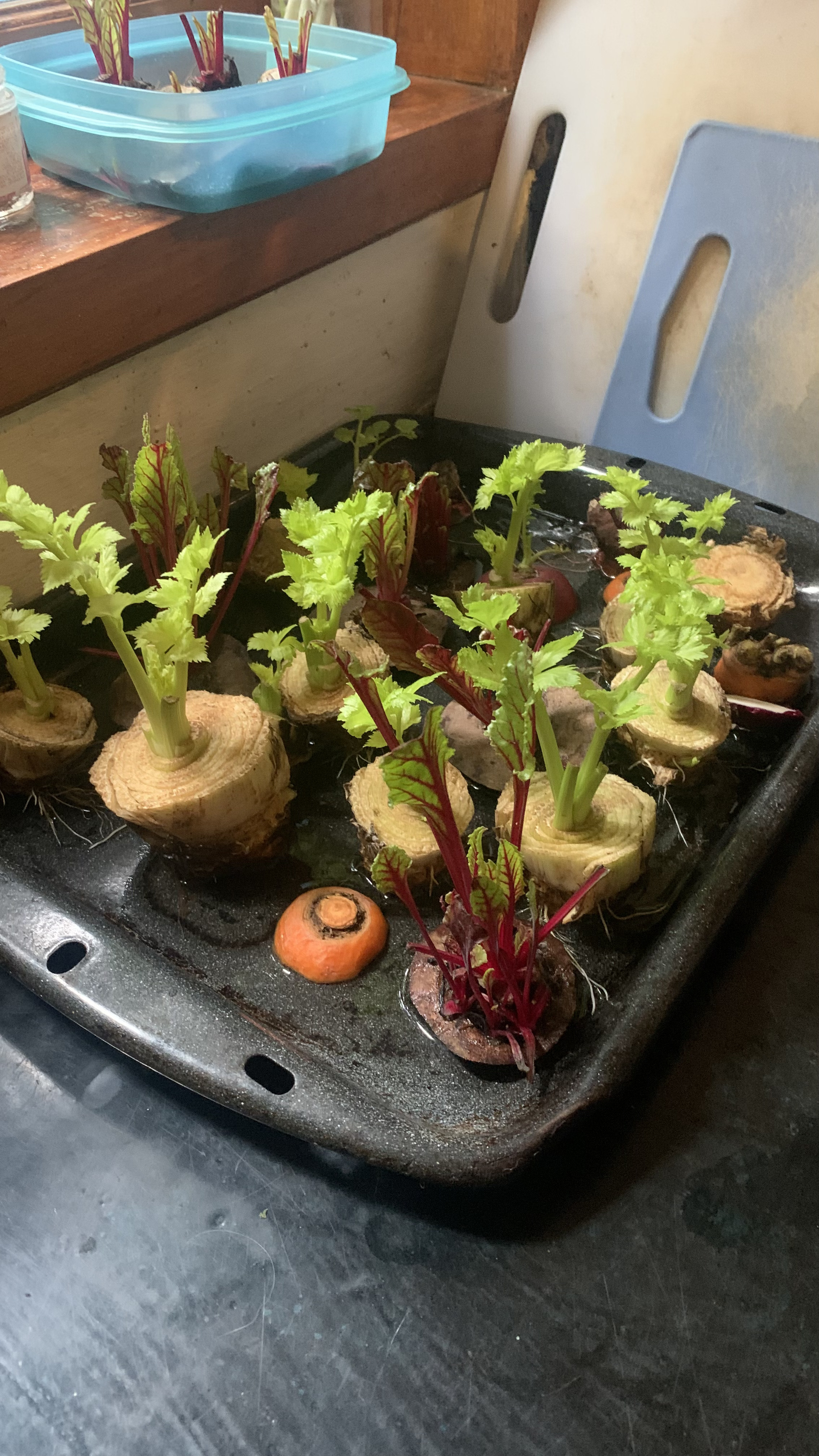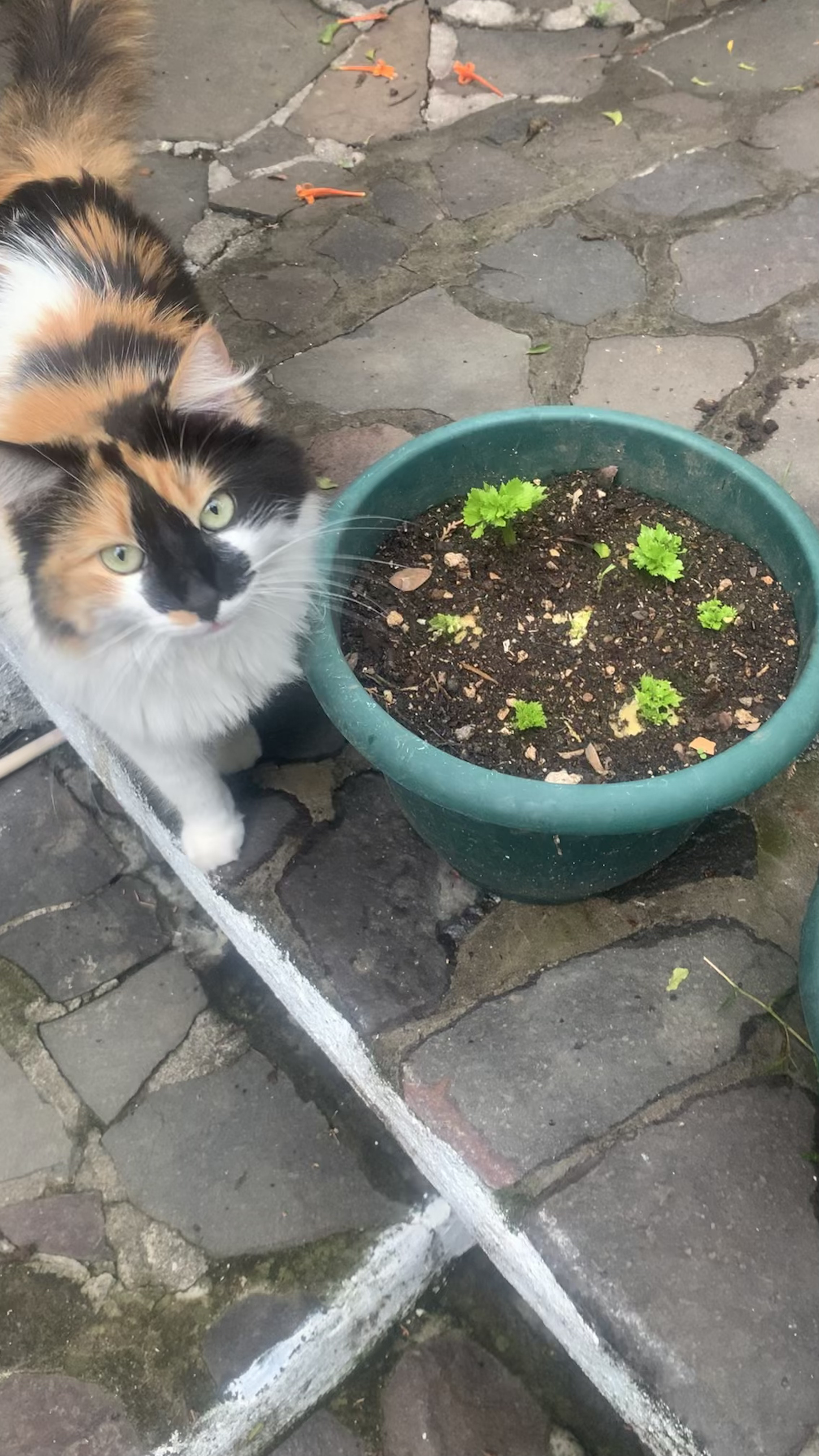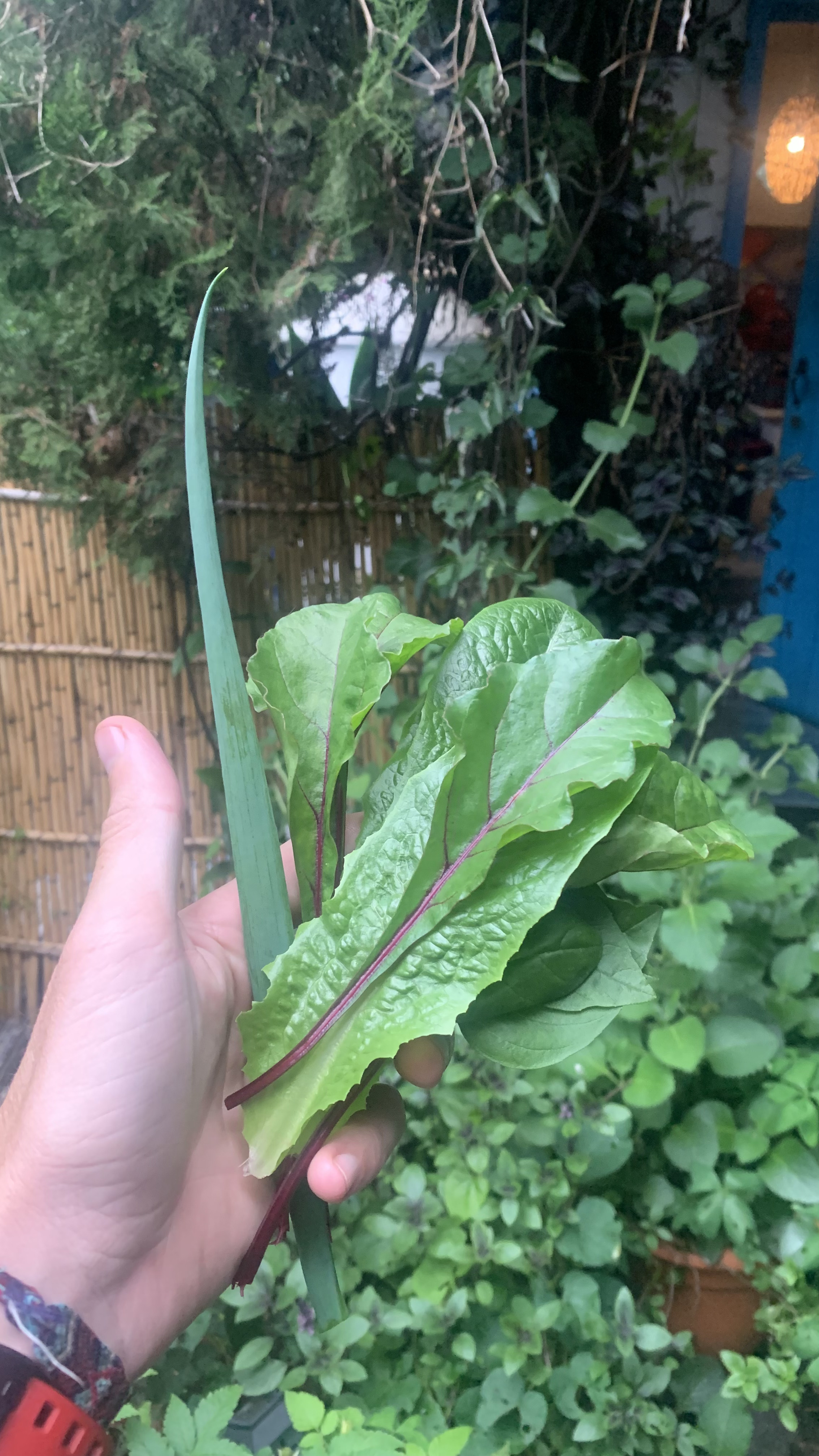What to do when scenario planning for the end of the world feels overwhelming.
Jun 09, 2022
Have you seen headlines or looked at the news about food shortages and collapsing global supply chains?
How prepared are you?
How dependent are you on those supply chains for what you and your family need to survive?
Scenario planning is the role of the king. The king stands tall and looks directly at all possible futures.
This community is a space for our kings to have an open dialogue about the critical topics we face as a civilization and find ways to navigate them safely. Let's not re-invent the proverbial wheel on our own; instead, let's share our concerns, ideas, and solutions.
Here are some of my thoughts and frameworks on this topic that you can use if they work for you.
I believe we will see tremendous inflation, collapsing financial markets, and food shortages in many places in the following weeks/months/ years. I'm unsure exactly when, but I feel things will get bumpier before they get easier.
How prepared are you if any of those headlines were to become a reality? If tomorrow no water came out of your taps, or you couldn't get food from a grocery store, how affected would you be?
That's a mind fuck even to consider.
How do you build courage with such huge waves?
In episode #3 of the podcast, we shared how courage is linked to confidence.
You can increase your confidence in one of 2 ways.
1️⃣ Gather data and develop a plan that makes you feel safe.
2️⃣ Not be attached to the outcome.
Often non-attachment is the easiest way to gain confidence. But the possibility of no food or food used as a weapon means safety comes from planning.
You can find many groups on Telegram or Doomsday preppers who can share more detailed plans for these scenarios with you.
Here's the first draft of the plan Araminta and I have created to become more self-responsible with our food.
1) Grow some food.
The growing process is so simple. A YouTube search, a plate with a bit of water, and you're growing beetroot greens. We've started growing veggies in cups from kitchen scraps and have already harvested and eaten a spring onion we grew. We're also creating a greenhouse and growing space for more veggies. All of the "Greenfingers gardening stuff" is brand new to me - I've never grown anything before - not even my own cannabis!

We started by growing some scraps from veg we normally throw away - in a pan in the kitchen.
 When they started to grow, we planted them outside in pots.
When they started to grow, we planted them outside in pots.

Not enough for a full salad yet - but it's a start.
2) Have a 3 - 6 month supply of essential foods.
Below I've shared a link to a spreadsheet we created. You input what your family consumes each month on some essential items (in column C). Then count what you already have at home (add to columns F and G). The spreadsheet creates the shopping list of what you need for a 1,3, or 6-month plan. No need to panic buy; simply grab a few extra things each time you head to the store to build a stock of essentials to support your plan. (If you think inflation may be coming - buying food at today's prices is also a good idea).
3) Have a product that we can contribute to our community.
I live in a community that already grows a lot of food. 90% of each meal we make is organic, and we know the producer/farmer of most food we consume. But we don't make anything that we sell back to the community. So, I'm in the early stage of drying meat from a local farmer and making Biltong here in Guatemala. Maybe this becomes a side-line business that also makes a solid protein source we can thrive off if Klaus Schwab becomes president of the planet.
This topic feels enormous.
I've been running a story that sounds like - "let's get the best scenario planner on the podcast and let them share their plan ... then we take that plan ... " —too many steps.
Yes, we can, and I hope we will, but for now, we've started. And I get to share our first steps with our community; that feels great.
My lesson: Don't let the magnitude of a vital project delay taking the first step.
If "scenario planning for the end of the world" feels overwhelming, start with the first step in a direction that feels right.
Martin Luther King said, "Take the first step in faith. You don't have to see the whole staircase. Just take the first step."
Here is the link to the spreadsheet we created to determine how much staple food we need if supplies in the store start to run low. You can use it and simply make a copy and use it for your plan.

